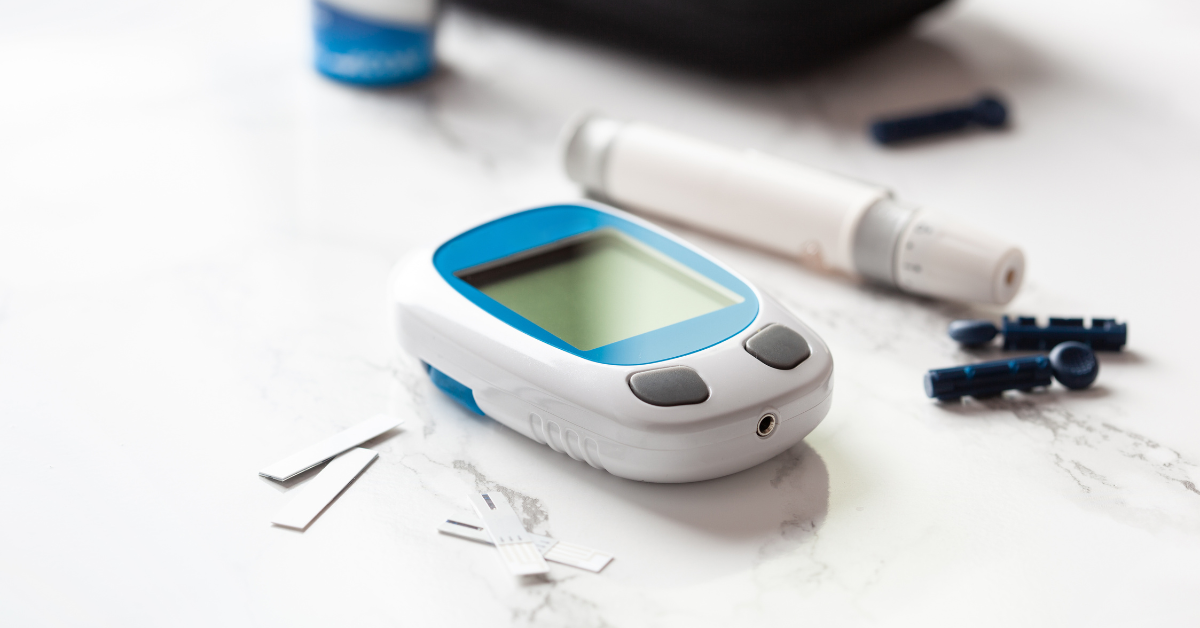It is very recent news that the European Medicines Agency (EMA) has approved the world's first weekly insulin for the treatment of adult patients with diabetes. This approach would allow the number of insulin administrations to be reduced to once a week, instead of the current daily administration. However, weekly insulin (called “icodec”), although recently the subject of media attention, is not a sudden innovation.
.jpg?width=800&height=533&name=Insulina_icodec_diabete_UniSR_DRI%20(3).jpg)
In fact, icodec insulin was approved in Switzerland on March 7, 2024, and in Canada on March 12 of the same year, and on March 21 the EMA's Committee for Medicinal Products for Human Use recommended its approval for the treatment of type 1 and type 2 diabetes in adults.
To date, six pre-commercial randomized clinical trials have been conducted, involving a total of 3765 patients with type 2 diabetes and 582 with type 1 diabetes, with the first registered as early as 2020. The news comes to the fore these days when, on May 17, 2024, the European Commission gave the final green light for commercialization in the European Union.
.jpg?width=800&height=534&name=Insulina_icodec_diabete_UniSR_DRI%20(5).jpg)
What is icodec insulin
Weekly insulin icodec replaces basal insulin, which is the insulin normally released into the circulation by the pancreas, regulating glucose levels between meals and overnight. However, it does not replace rapid insulin, which is needed to manage food intake and administered separately, if necessary, before meals. Compared with other daily slow-release insulins (such as Degludec or Glargine U-300), icodec is absorbed more slowly because of its gradual dissolution and greater binding with albumin in the bloodstream.
UniSR Master's Degree in Biotechnology and Medical Biology program offers a solid theoretical preparation coupled with intensive training in San Raffaele research laboratories. Learn more

This treatment has not been tested in patients younger than 18 years of age and is iindicated only for adults, with limited participation of the elderly with type 1 diabetes in clinical trials. It should be noted that EMA approval does not automatically authorize use of the drug, as it must be complied with and approved by national regulatory agencies such as AIFA (Agenzia Italiana del Farmaco) in Italy.
.jpg?width=800&height=533&name=Insulina_icodec_diabete_UniSR_DRI%20(4).jpg)
Benefits for patients with type 2 diabetes
For patients with type 2 diabetes, weekly icodec insulin is no less effective than daily basal insulin in glucose control, maintaining a comparable safety profile for 52 weeks without increasing the risk of hypoglycemia. In other words, it works just as well as daily basal insulin but with the advantage that it can be administered only once a week via a pre-filled pen, thus reducing the frequency of injections.
This may be particularly beneficial for patients with type 2 diabetes who, often years after diagnosis, may have fears and concerns about insulin injections, finding them challenging and complex. Weekly administration could reduce these initial barriers to treatment, improving therapeutic adherence and persistence and, consequently, improving patients' overall quality of life.
.jpg?width=6950&height=4634&name=Insulina_icodec_diabete_UniSR_DRI%20(2).jpg)
Need for more data for use in type 1 diabetes
In type 1 diabetes, the use of weekly insulin raises more complex issues than its use in type 2 diabetes. Although this new option is not inferior to daily basal insulin in controlling blood glucose, it is associated with a relatively higher risk of hypoglycemia. This peculiarity raises questions about its optimal role in treating type 1 diabetes. It could provide a solution for adults who find it difficult to manage daily basal insulin injections, offering a less frequent and more convenient alternative.
However, the recent (May 24) decision of the Food and Drug Administration's Advisory Committee to vote against the market launch of weekly insulin in the United States, due to the high risks of hypoglycemia and lack of additional benefits found in type 1 diabetes, highlights the need for more data and further evaluation of its safety and efficacy in this specific clinical setting.
.jpg?width=8688&height=5792&name=Insulina_icodec_diabete_UniSR_DRI%20(1).jpg)
Future Perspectives
At the same time, other types of weekly insulins and innovations in the field of “smart” insulins continue to be developed, with the goal of improving disease control and offering more personalized and targeted treatment options. These advances are part of a broader effort to address the challenges of diabetes and improve patients' quality of life, in anticipation of even more advanced solutions, such as research into new pancreatic cells capable of producing insulin, an area in which the Diabetes Research Institute at IRCCS Ospedale San Raffaele has been actively engaged for several years.
.png?width=2000&height=1125&name=Insulina_icodec_diabete_UniSR_DRI%20(1).png)
The concluding plenary session of DRItti at Voi 2024, the event dedicated to type 1 diabetes research organized by DRI clinicians and researchers entirely for people with type 1 diabetes and their families.


.jpg?width=800&height=533&name=Insulina_icodec_diabete_UniSR_DRI%20(3).jpg)
.jpg?width=800&height=534&name=Insulina_icodec_diabete_UniSR_DRI%20(5).jpg)

.jpg?width=800&height=533&name=Insulina_icodec_diabete_UniSR_DRI%20(4).jpg)
.jpg?width=6950&height=4634&name=Insulina_icodec_diabete_UniSR_DRI%20(2).jpg)
.jpg?width=8688&height=5792&name=Insulina_icodec_diabete_UniSR_DRI%20(1).jpg)
.png?width=2000&height=1125&name=Insulina_icodec_diabete_UniSR_DRI%20(1).png)